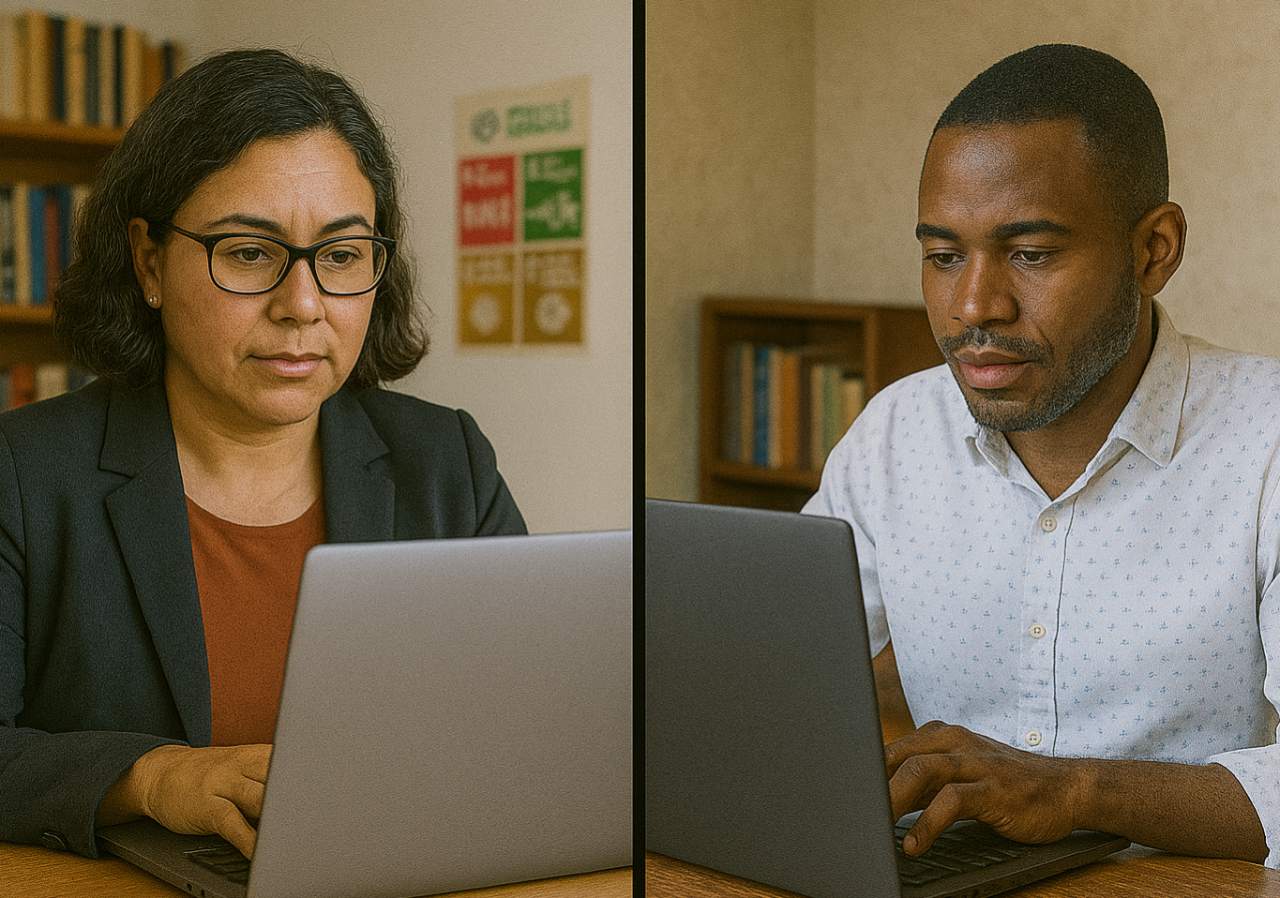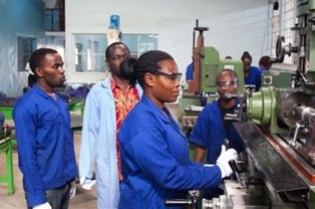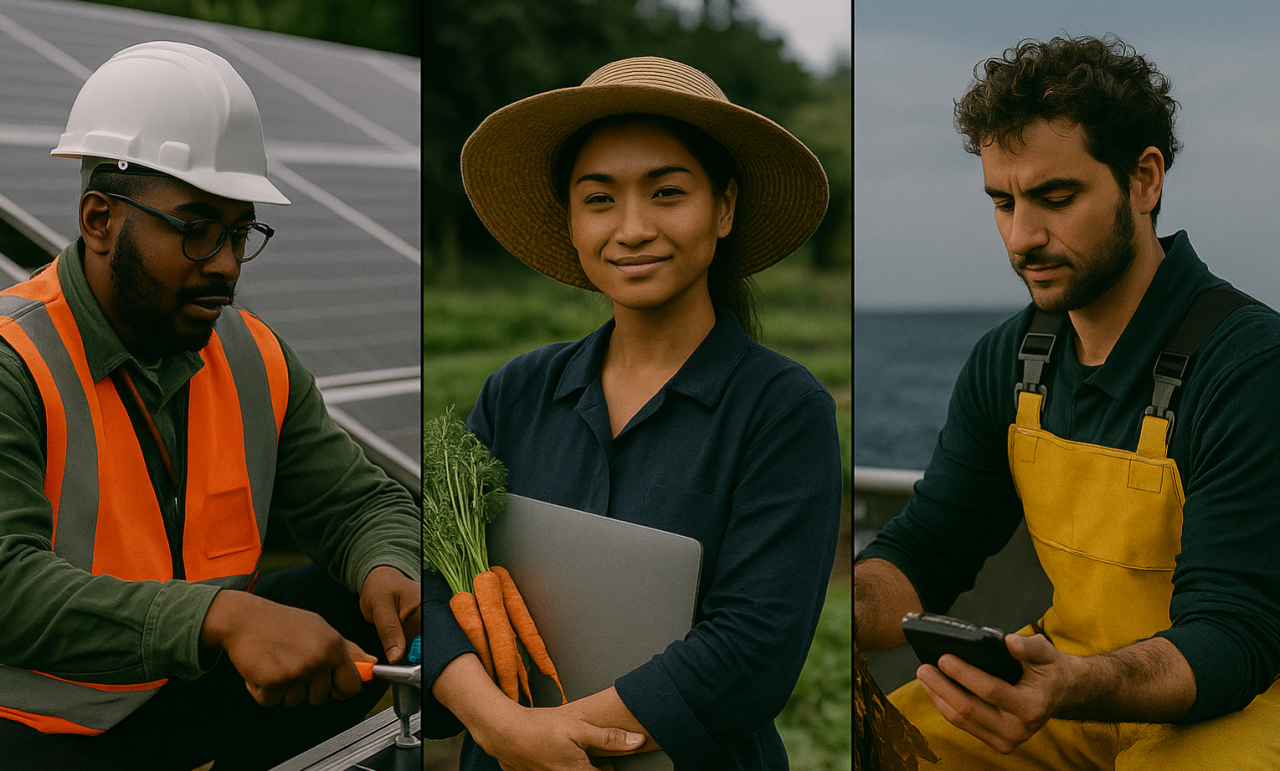
EduRecon Global Pathways: From Online Learning to Local Impact Education Resilience on Every Continent
EduRecon equips emerging professionals, youth, and career changers with the knowledge and technical skills to power the next generation of sustainable industries. From renewable energy to circular manufacturing, our programs bridge education and real-world impact while creating a resilient, equitable, and human-centered workforce.
According to the International Labour Organization (ILO), “green jobs are decent jobs that contribute to preserve or restore the environment, be they in traditional sectors such as manufacturing and construction, or in new, emerging green sectors such as renewable energy and energy efficiency.” International Labour Organization
EduRecon’s global partnerships directly align with this definition — connecting education, innovation, and opportunity for communities driving the future.
From Learning to Livelihood
EduRecon’s Global Pathways model transforms online learning into tangible local impact. Through accredited and government-recognized partner institutions, learners move from theory to practice — applying their training in sustainability, renewable energy, digital literacy, and workforce innovation to real-world community projects.
Each Pathway demonstrates EduRecon’s two-phase model in action:
Phase 1: Online Foundational Training through EduRecon.org Phase 2: Hands-On Vocational and Workforce Implementation through Local Partners
Together, these pathways turn education into empowerment — creating sustainable careers and resilient communities across the Global South.
Current Partnerships
Sierra Leone | A-WISH Academy: Powering Education Through Solar
EduRecon is partnering with A-WISH Academy (Kenema) to build a 100 kW solar microgrid that will power the school and nearby community. Learners from EduRecon’s Renewable Energy Systems course gain hands-on experience in solar installation and maintenance, helping establish a new clean-energy workforce in Sierra Leone. (Feasibility study complete • Workforce training phase launching soon)
Ghana | Quali-Breeze: Clean Air and Climate Education
Through a formal MOU with Quali-Breeze Ghana, EduRecon supports community-based air-quality and environmental-literacy training that strengthens public-health awareness and green-job readiness. Participants of Breathing Better: Global South Strategies for Cleaner Air join local field studies and monitoring projects that advance Ghana’s environmental-education and workforce goals. (Pilot training soon in Accra and Takoradi regions)

CURRICULUM
Our innovative curriculum is crafted to assist students in achieving their career objectives. By establishing strong partnerships, we are actively developing a roadmap towards obtaining institutional accreditation. This accreditation is vital as it signifies that our educational programs meet high standards of quality and effectiveness, ensuring that students receive a valuable and recognized education.

STUDENT MANAGEMENT

GREEN SKILLS MATTER
The program aims to promote curricula on sustainability, environment, and equity to inspire students to pursue impactful careers and develop skills for positive change in their communities. From improving village infrastructure to shaping national policies, our students will be equipped to make conscientious contributions to the environment, economy, and society. Our ultimate goal is to empower students as catalysts for transformative progress in all aspects of life.
